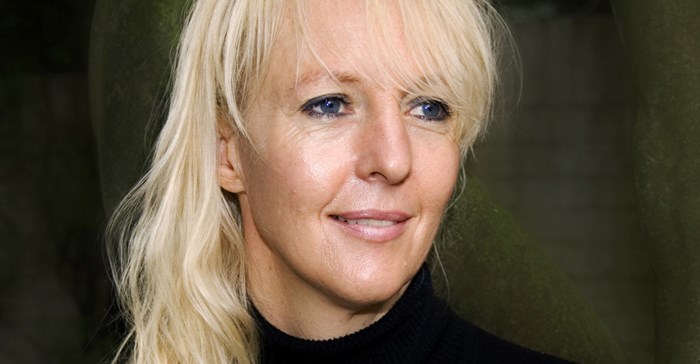
Related
Top stories







In addition, more and more young women are presenting with breast cancer. “The implication for South African women is important: we should be taking proactive steps for women to be ‘breast aware’ from a young age. The earlier it is detected and treated, the better the prognosis,” says specialist surgeon and breast disease specialist, Professor Carol Ann Benn, who established the Netcare Milpark Breast Care Centre of Excellence.
The facility, which was the first breast care centre of excellence to be established in the private sector in South Africa some 16 years ago, has been granted a three-year, full accreditation by the National Accreditation Programme for Breast Centres (NAPBC), one of only three outside the USA that have been accredited by the programme.
“Too many patients are faced with having to make alarming and stressful decisions about their health without the knowledge or any idea of where to turn. Accreditation ensures that careful due process protects patients within the healthcare system, who are at their most vulnerable when faced with a diagnosis of cancer.
“The accreditation guarantees ‘protected’ patient care by ensuring that all patients’ treatment options are discussed by a team of experts and that doctors are required to follow safe international guidelines when suggesting treatment options. In other words, there is no possibility of an individual doctor imposing rushed treatment suggestions on patients,” says Benn.
She says conditions and diseases affecting the breast is a highly specialised medical field offering treatments for affected women, men and adolescents. “Tremendous advances have been made in this field of medicine in the last decade or so, especially regarding the diagnosis and treatment of breast cancer.
“Nowadays the vast majority of conditions can be successfully treated without surgery and all without emergency surgery. Patients faced with breast conditions are often rushed into treatment, but the old-fashioned radical mastectomy is an operation of the past.
“Today, almost all women should have choice around the different types of cancer surgery. They should also have access to immediate reconstructions undertaken by a specialised team, and should under no circumstances be having surgery to ‘find out if this is cancer’,” says Benn.
“Accreditation internationally has improved patient care by ensuring doctor compliance to high standards and clinical governance. Accredited units have to collect data, as well as feedback, on outcomes while ensuring high standards.”
This involved independent specialists opening their files and honestly assessing what is being offered to patients, as well as relooking and reassessing aspects of care.
NAPBC accreditation is only given to those centres that have voluntarily committed to provide the highest level of quality breast care and to undergo a rigorous evaluation process and review of their performance. During the survey process, the centre must demonstrate compliance with standards established by the NAPBC for treating women who are diagnosed across the full spectrum of breast disease.
The standards include proficiency in the areas of centre leadership, multidisciplinary management of clinical cases, research, community outreach, professional education, and quality improvement/outcomes measurement.